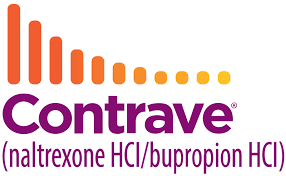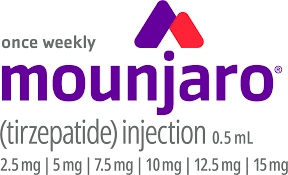Victoza®
Victoza (liraglutide) is a medication used to treat type 2 diabetes, and it belongs to a class of drugs called glucagon-like peptide-1 (GLP-1) receptor agonists. It contains the active ingredient liraglutide, which works by mimicking the effects of a hormone called GLP-1. GLP-1 is produced in the gut and stimulates the release of insulin after eating, which helps to lower blood sugar levels. It also slows down the rate at which food leaves the stomach, which can help to reduce appetite.
Victoza is typically taken once a day by injection, and it comes in a prefilled pen device. The pen contains a multi-dose cartridge that can be used for up to 30 days, and the dose can be adjusted based on the individual’s needs. A recent study showed that patients without diabetes who were taking Victoza in combination with a healthy diet and regular exercise lost an average of 18.5 pounds.8








